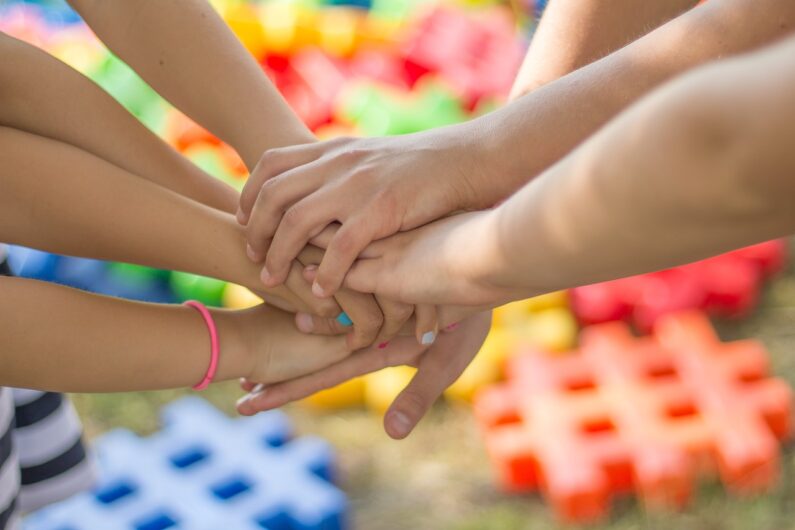Cooperation helps combat human trafficking
The most recent semi-annual review from the National Assistance System for Victims of Human Trafficking (NAS) emphasises the importance of stakeholders in helping and identifying victims of human trafficking. National and international cooperation are necessary in order to combat trafficking. Today on 30 July, we celebrate the UN’s World Day Against Trafficking in Persons.
During the first half of this year, 185 new referrals were recorded in the National Assistance System for Victims of Human Trafficking (NAS), which is 19% more than at the same time last year. The system admitted 88 new victims of trafficking as clients. The most common forms of exploitation were forced marriage (34%), forced labour (31%), and sexual exploitation (27%).
‘The increase in the proportion of forced marriages on this list shows that the phenomenon is recognised and that the actors in the sector are vigilant, as trafficking is recognised nationally better than before. Our statutory task is to guide, advise, and train parties that might encounter human trafficking. In the spring, we organised regional workshops in five municipalities to teach how to identify trafficking and better help its victims. National cooperation produces results,’ says Katri Lyijynen, Deputy Director of the National Assistance System for Victims of Human Trafficking.

Of the new clients, 42 had become victims of trafficking in Finland. About half of them were victims of forced labour.The proportion of forced marriage and sexual abuse in forms of trafficking were about one fifth each. The persons who had become victims in Finland represented 24 nationalities and seven were Finnish nationals. As many as 71 per cent of the victims in Finland were women.
This year, the theme of the UN’s World Day Against Trafficking in Persons is “Human Trafficking Is Organized Crime – End the Exploitation”.The UN emphasises that the fight against trafficking in human beings requires global cooperation between all authorities and in anti-trafficking work, the victim must always be in the centre.
‘Trafficking in human beings is often a crime that crosses borders, so international cooperation is useful. We participate actively in international networks aimed at sharing information and promoting the identification of child victims and access to help, among other things. Cooperation is the best way to combat human trafficking.’ says Terhi Tafari, Senior Adviser of the NAS.
At the end of June, a total of 1,588 people were registered in the system, of whom 1,323 were identified victims and 265 were their underage children. There were 21 minors among the victims. Approximately two thirds of the victims of trafficking were women.
